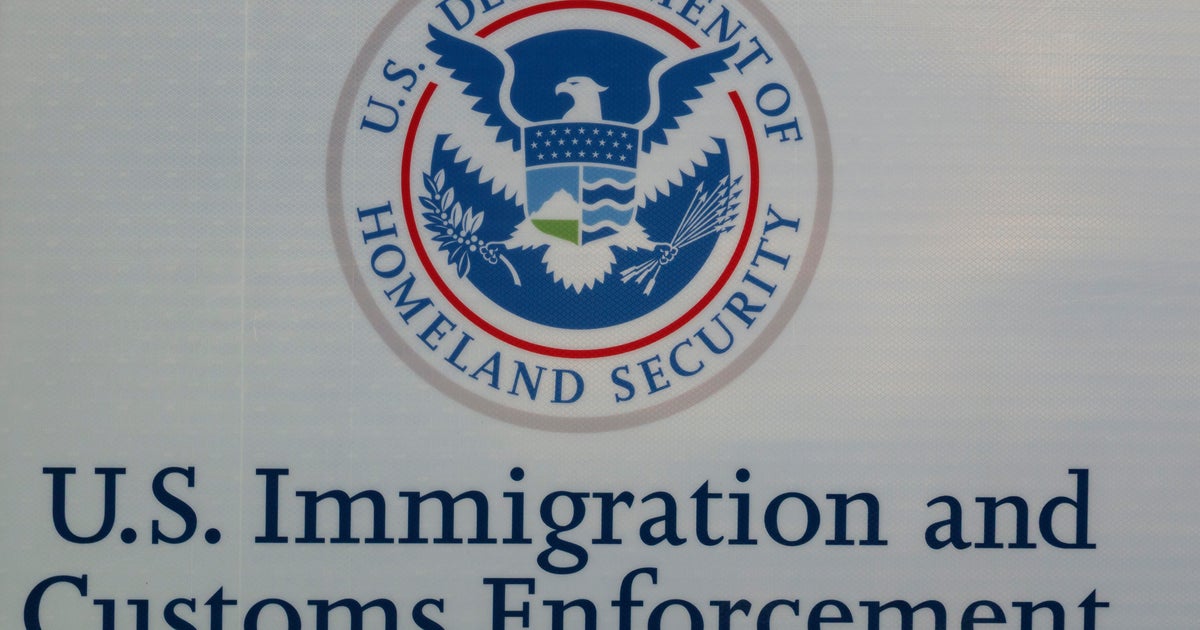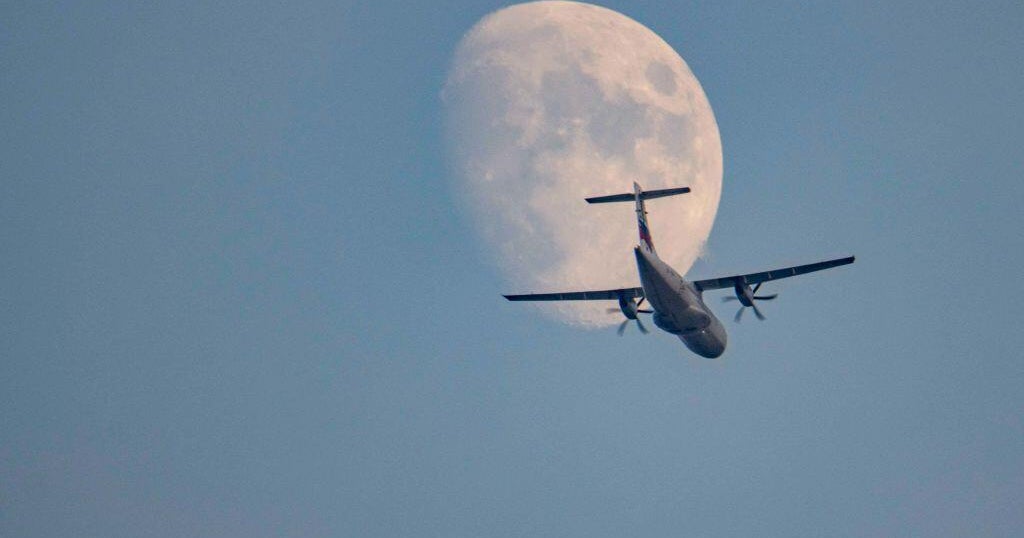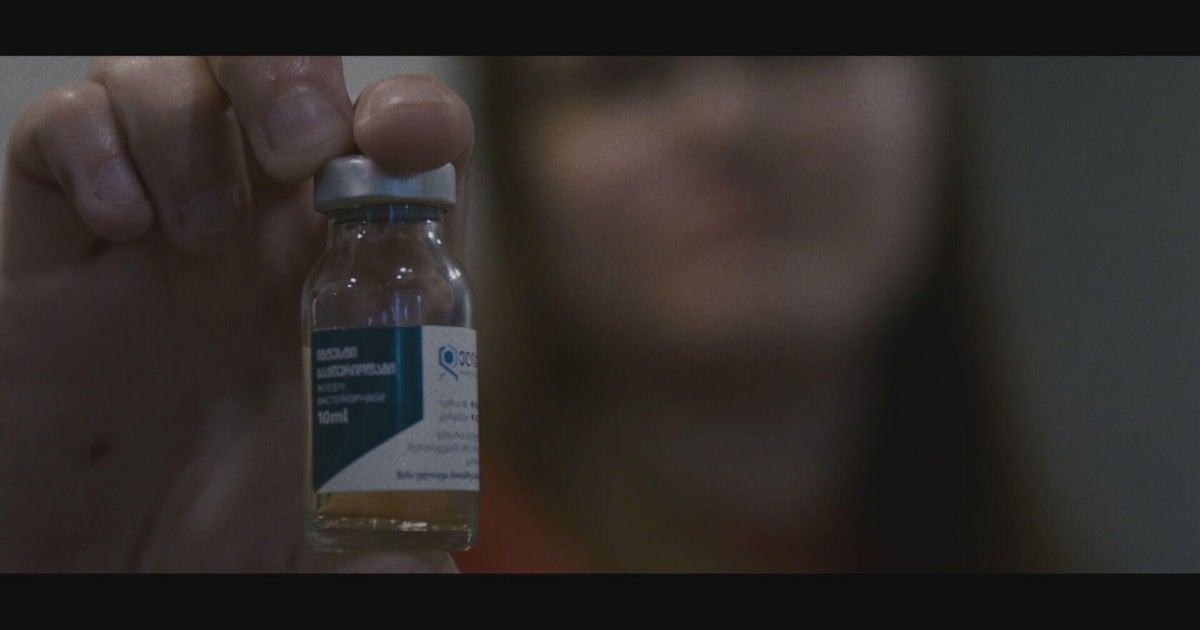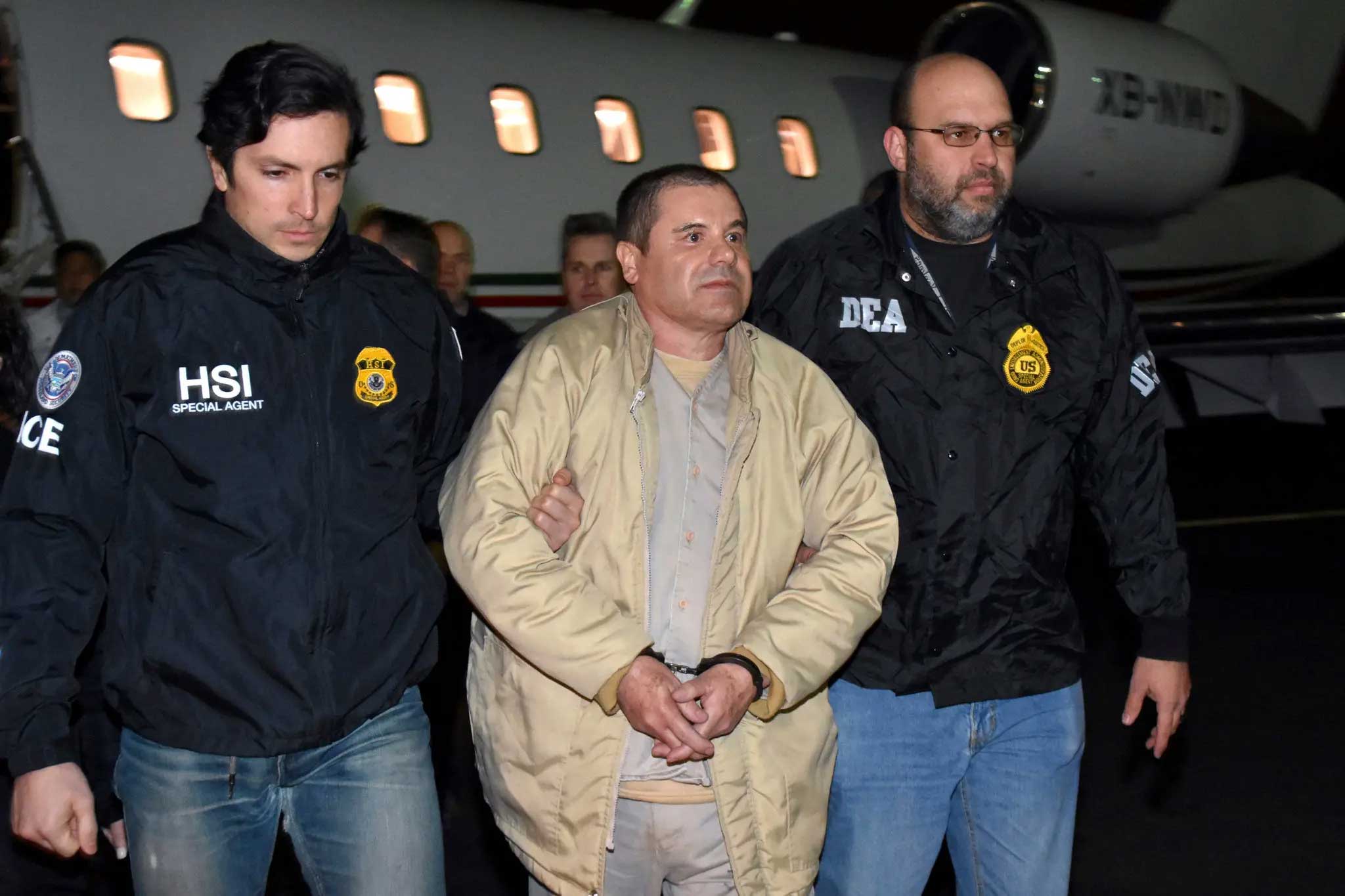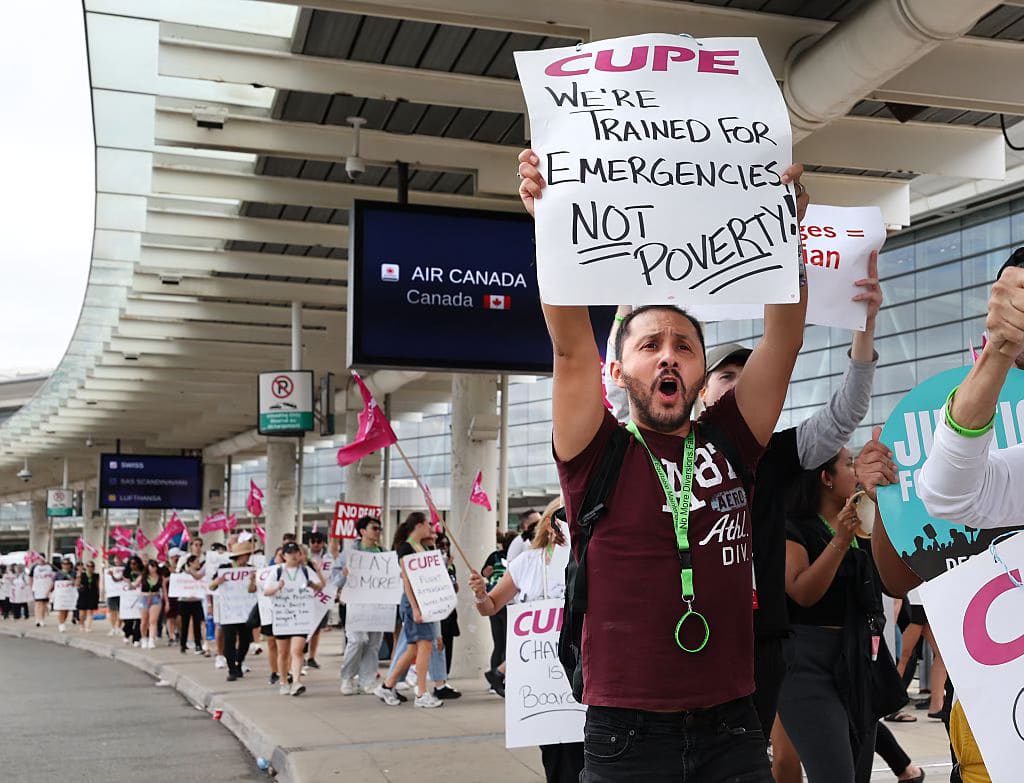Mexico's president wants notorious drug-growing area known as "The Golden Triangle" rebranded as "The Triangle of Good, Hard-Working People"
Mexican President Andrés Manuel López Obrador said Friday he wants to change the name of a notorious drug-producing area known as "The Golden Triangle" to "The Triangle of Good, Hard-Working People."
The remote, mountainous area in northern Mexico is where the borders of the three states of Chihuahua, Sinaloa and Durango meet.
For decades, drug cartels have used the area to grow marijuana and opium poppies, because much of region is difficult to access and has little police or army presence.
But López Obrador said Friday during a visit to the region that the name unfairly stigmatized residents.
"I don't like it, it bothers me that it is called the Golden Triangle, and hopefully we can all try to find a way to call it 'The Triangle of Good, Hard-Working People' or 'the region of good neighbors,' or something like that," he said.
"This has to change already because there is much goodness here, a lot of good, hard-working people, as has been said," the president said.
López Obrador has sometimes praised drug cartel leaders and in 2019 ordered the release of Ovidio Guzman, one of "El Chapo" Guzman's sons, to avoid bloodshed after Sinaloa Cartel gunmen assaulted the city of Culiacan to try to win his release.
In 2021, López Obrador praised the largely peaceful voting in elections that year and sent a message of recognition to the drug cartels that fuel much of the country's violence.
"People who belong to organized crime behaved very well, in general, there were few acts of violence by these groups," the president said. "I think the white-collar criminals acted worse."
Mexico has been trapped in a spiral of cartel-related violence that has left more than 340,000 dead since 2006, when the government launched a controversial anti-drug operation with federal troops. Last month, authorities said suspected drug cartel gunmen abducted two off-duty female soldiers at gunpoint for several hours.
That same month, López Obrador confirmed that Mexico had dissolved a special unit trained by U.S. authorities to fight drug cartels because it was infiltrated by criminals.
In March, López Obrador accused popular television shows of glamorizing the violent drug trade. He criticized TV series on platforms such as Netflix, saying they presented a rose-colored version of the lifestyles of drug traffickers.
He told reporters the shows feature "gangs of drug traffickers, with actors, men, beautiful women, property, the latest cars, jewelry, designer clothes, power."
Earlier this month, Mexican authorities announced they captured a suspected leader of the powerful Jalisco New Generation Cartel (CJNG). Francisco Javier Rodriguez Hernandez, known as "El Señorón" or "XL" or "Frank," was apprehended in the tourist city of Mazatlan, in the northwest state of Sinaloa, in an operation carried out by navy agents.
The Department of Justice considers the Jalisco cartel to be "one of the five most dangerous transnational criminal organizations in the world."
The head of CJNG, Nemesio "El Mencho" Oseguera, is one of the most wanted drug lords in the world, with the U.S. Drug Enforcement Administration offering $10 million for his arrest.
"He is the number one priority for DEA and frankly for federal law enforcement in the United States," DEA agent Matthew Donahue told CBS News in 2019.
AFP contributed to this report.

